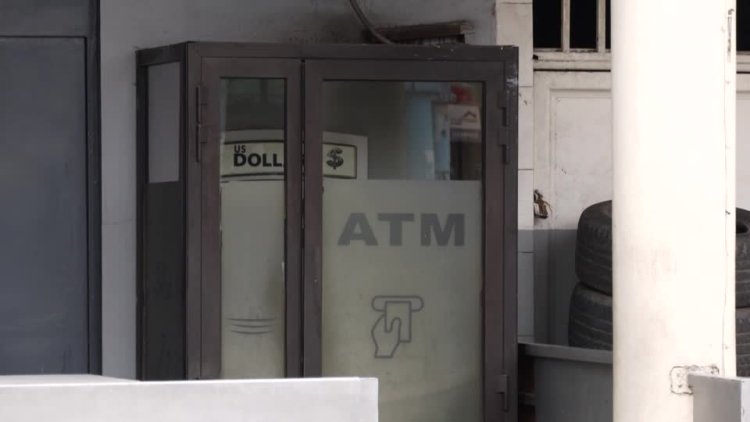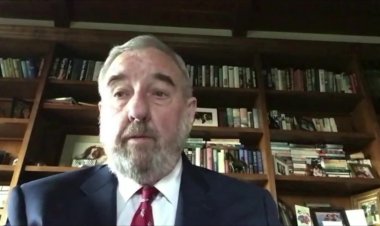Banking crisis deepens in eastern DRC

Eastern DRC faces a severe banking crisis amid rebel control, triggering economic paralysis. The closure of the Central Bank of Congo's provincial branch and all commercial banks in Goma and Bukavu, cities now under M23 rebel control, has created a debilitating liquidity shortage affecting daily life and commerce throughout the region.
Money changers, critical to local market operations, report significant disruptions.
The financial standstill has created a cascade of problems as businesses cannot meet payroll obligations or pay suppliers, while consumers struggle to purchase necessities. This compounds the humanitarian crisis in a region already dealing with mass displacement.
Economic experts suggest establishing alternative financial structures like microfinance institutions as a temporary solution. Professor Deo Bengehya from Goma emphasized "rigorous management of available resources" while these alternatives are developed. However, concerns exist that rebels might establish parallel financial systems, complicating future reintegration efforts.
Regional organizations including the East African Community and Southern African Development Community are considering military deployment to secure rebel-controlled areas. Discussions about expanding mandates for African Union forces and enhancing the UN peacekeeping mission MONUSCO are underway.
Diplomatic efforts to resolve the crisis are progressing, with direct peace talks between the DRC government and M23 rebels scheduled for March 18 in Angola. While the government has shown reluctance to engage directly, M23 leader Bertrand Bisimwa has advocated for dialogue as the "only civilized option" for resolution.
The ongoing economic paralysis underscores the urgent need for comprehensive solutions to restore stability and financial functionality across eastern DRC.















